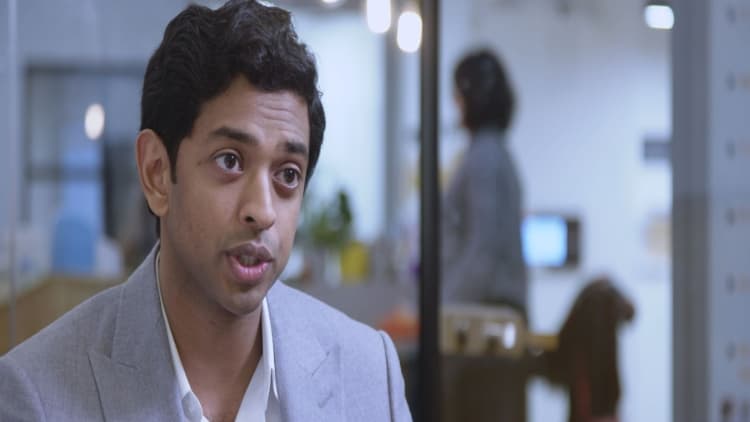
Thanks to improvements and advances in health care, many people around the world are living longer. While this is undoubtedly good thing, it inevitably follows that people will require more assistance as they get older.
As a greater number of us reach old age, the stresses on health services increase. NHS England data from 2015, for example, showed that between 2007/08 and 2013/14 the amount of accident and emergency attendances by people aged 60 or over grew by two-thirds. This, it noted, represented a "steeper increase than is expected by demographic change alone."
In the U.K., one business, Cera, is using technology to offer care services for older people who require assistance with day-to-day living and would benefit from professional home care.
"We use digital to streamline the matching of patients and carers based on a number of characteristics — where they are, the type of care they need, what time they need it, the skill mix of care workers, language, whether they have pets or not," Ben Maruthappu, the company's CEO, told CNBC's Nadine Dereza.
Maruthappu, who is a doctor, explained that data was analyzed using artificial intelligence to predict if a patient was going to deteriorate. "We can act much earlier on and intervene should they have early signs of, let's say a urine infection, so that they get the right treatments on day one or two of that deterioration as opposed to day five or six, which may mean that they're too ill and they need to go to a hospital."
As the business looks to grow, the challenge of maintaining a quality, consistent service becomes an important matter. "This is the big challenge, the big question," Maruthappu said. "The way we think we do it is firstly through robust recruitment. So we select the top five to 10 percent of people that apply to work with us, we can ensure that the carers themselves are of a high quality."
Among other things, Cera will also leverage technology to ensure that its users are getting a good experience.
"Our system can predict the risk of deteriorations in patients — the risk of a fall, the risk of a hospitalization," Maruthappu said. "This means that as we get bigger we can see which patients are high risk and which ones are low and therefore who needs more care and who doesn't. And this again allows us to be much more proactive."
Additionally, the platform allows the business to monitor other details, including whether care workers are arriving to appointments on time and if they are filling out their reports as they should be.




